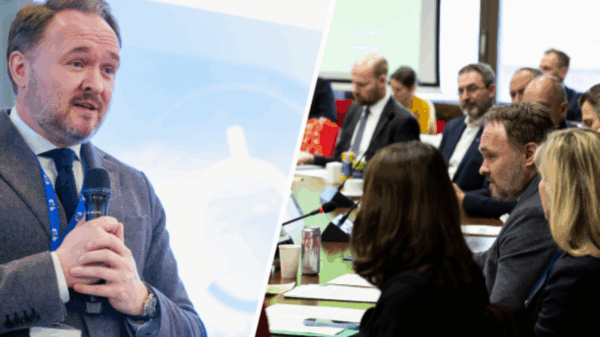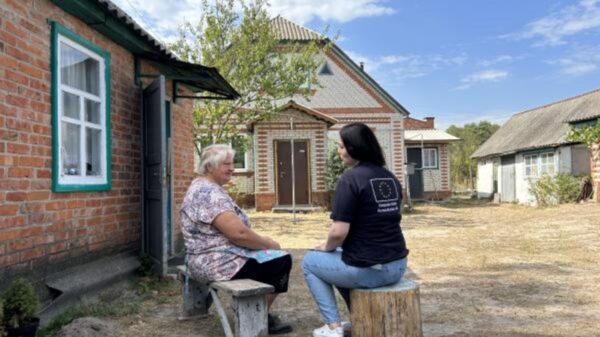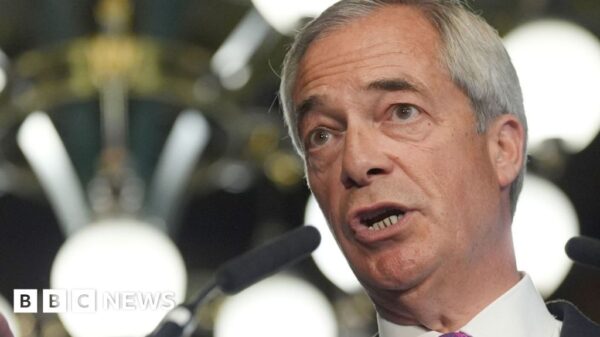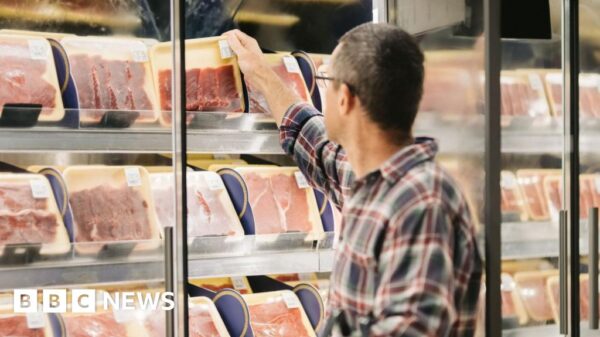Political reporter
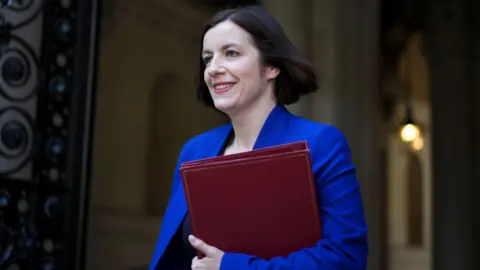 PA Media
PA MediaEducation Secretary Bridget Phillipson has said the government is looking at scrapping the two-child benefit cap but warned it would “cost a lot of money”.
Speaking to the BBC, the minister said the policy – which prevents most families from claiming means-tested benefits for any third or additional children born after April 2017 – had pushed people into poverty.
However, she said “seeking to unwind that and to change the social security system is not easy”, adding that the price tag would be big.
The government is expected to announce its decision on the cap in autumn, when it publishes its child poverty strategy.
Phillipson, along with Work and Pensions Secretary Liz Kendall, is leading the Child Poverty Taskforce putting together the strategy. It had been due to be published in spring but has now been delayed until the autumn.
The taskforce was launched last year, at a time when the government was being urged by the SNP and some Labour MPs to scrap the cap.
Pressure from Labour backbenchers over the issue – as well as cuts to welfare – have intensified since the Labour’s poor performance at the local elections earlier this year.
In its manifesto at the 2024 election, Labour said it would get rid of the cap “when fiscal conditions allow”.
Phillipson told the BBC the taskforce was looking at the cap and “nothing is off the table”.
She said a Labour government would never have introduced the cap, adding: “Labour governments make different choices, we have different priorities, and you will see that coming through later this year.”
Although she emphasised the cost of removing the cap would be high, she added that the “cost of inaction” is also incredibly high because this scars the life chances of children in this country”.
In a speech on Monday, Reform UK leader Nigel Farage is expected to promise to abolish the cap if his party gets into government.
The Liberal Democrats and the Green Party both committed to getting rid of the cap in their election manifestos.
Conservative shadow chancellor Mel Stride defended the policy, which was introduced by his party in 2017.
“A lot of people up and down the country go through those hard choices and often sacrifices, in order to have a large family,” he told the BBC.
“I don’t think it’s unreasonable under those circumstances to have a cap at the two-child level for those who would otherwise be relying on benefits for further children.”
Around 1.6 million children live in a household affected by the cap, according to statistics from the Department of Work and Pensions.
Analysis published last year by the Institute for Fiscal Studies think tank found that the average affected households lose around £4,300 per year.
It also estimated that removing the cap would cost the government £3.4bn a year.


